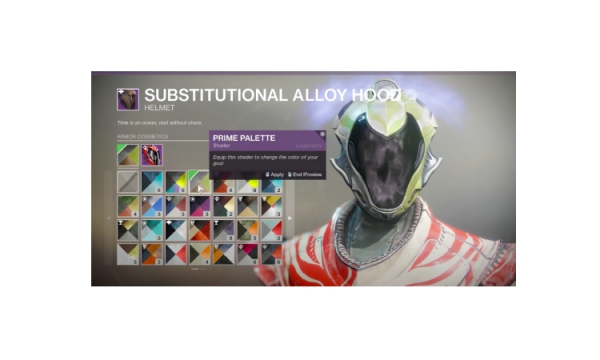The aim of doing so is to correctly predict the situation that is most likely to happen next, and to set yourself up to the best of your abilities for that situation.
What is the meaning of the sense of game? In a potential series of events, that's to gather details about a scenario so you can set yourself up for it. Game sense should help us to keep track of what's happening within the game. It should give us a rough idea of what will happen before it comes to pass.
For a dynamic environment like the Crucible, the only thing you can trust is that things are constantly changing. But if we want the game to be understood we have to do so for the moment we 're in. Yes, the game is ongoing and the information is as it is. Whenever we make a list of the actual situation, we simply take a brief picture of the flow of knowledge. A time-shot of a frame.
Read more at twiftnews.com.
For now, just to clarify the method of developing our understanding of the game, let's freeze some moment in time, and ask some questions:
-
Where is my relationship with my teammates?
-
Where are the enemies with respect to my coworkers?
-
Are there any goals at play?
Question 1 is a simple one, just take a look around. Unless you're next to other friends, then you're fairly healthy. You've probably just spawned or played for an target. Or somebody left a gamer girl bath water container on A and you were spawned into the stampede to mess with.
Question 2 is something you may not know immediately off spawn, but it will quickly become apparent as you get more involved. Only have a rough understanding, you don't need to know precisely where the opponents are. You will find out where the enemy is in comparison to your teammates if they are shooting at them, running in a specific direction or if there is anyone far away from the main teammates cluster in a position.
Question 3 is again an simple one – are there areas to be found, is there a heavy ammunition up, is there something in the game that needs attention so that the game can continue? If so, if it isn't already, you can guarantee it will become very important.
So what do these questions help us achieve?
Question 1 evaluates our political peace and closeness to practice. It allows us to comprehend ourselves and our effect on the legal proceedings. When we're split from teammates, either we're in or they're in the thick of the action. This way it is a lot easier to predict a possible sequence of events.
Question 2 asks us to locate the rivals, but we can easily observe our colleagues, in relation to something. If our colleagues are involved, then we know the enemy's location. Then we can use that information to position ourselves to be much easier to support, or use that information to conduct a flank.
Question 3 is a macro-level question about the future of the game, and asks you to understand the bigger game at hand, the real motivation engines. If A and C are captured but B remains uncaptured, the probable scenario is that there will be some competition making a bid for that sector. If a zone is mid-capture, you may be able to take a decision to interfere.
